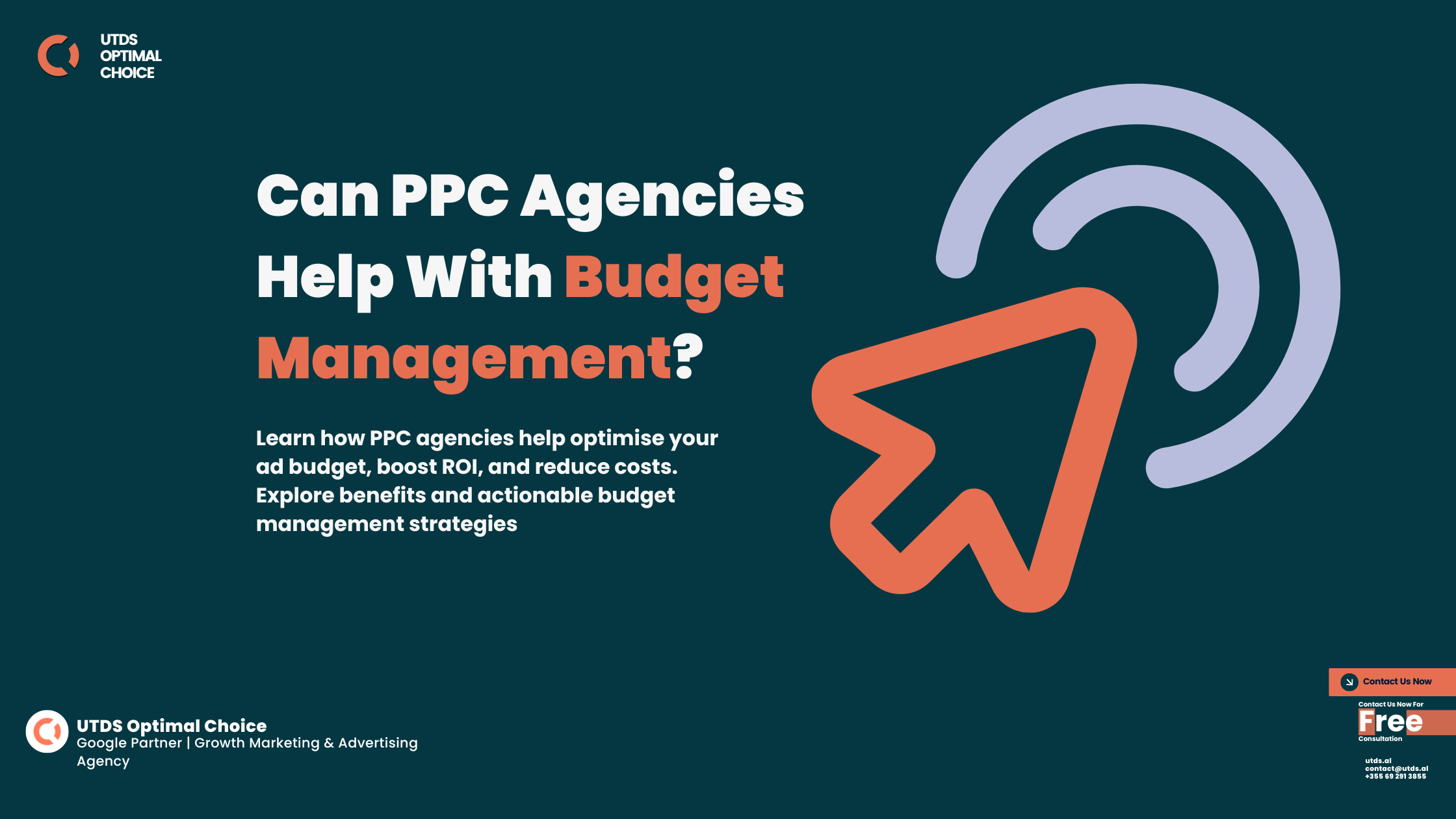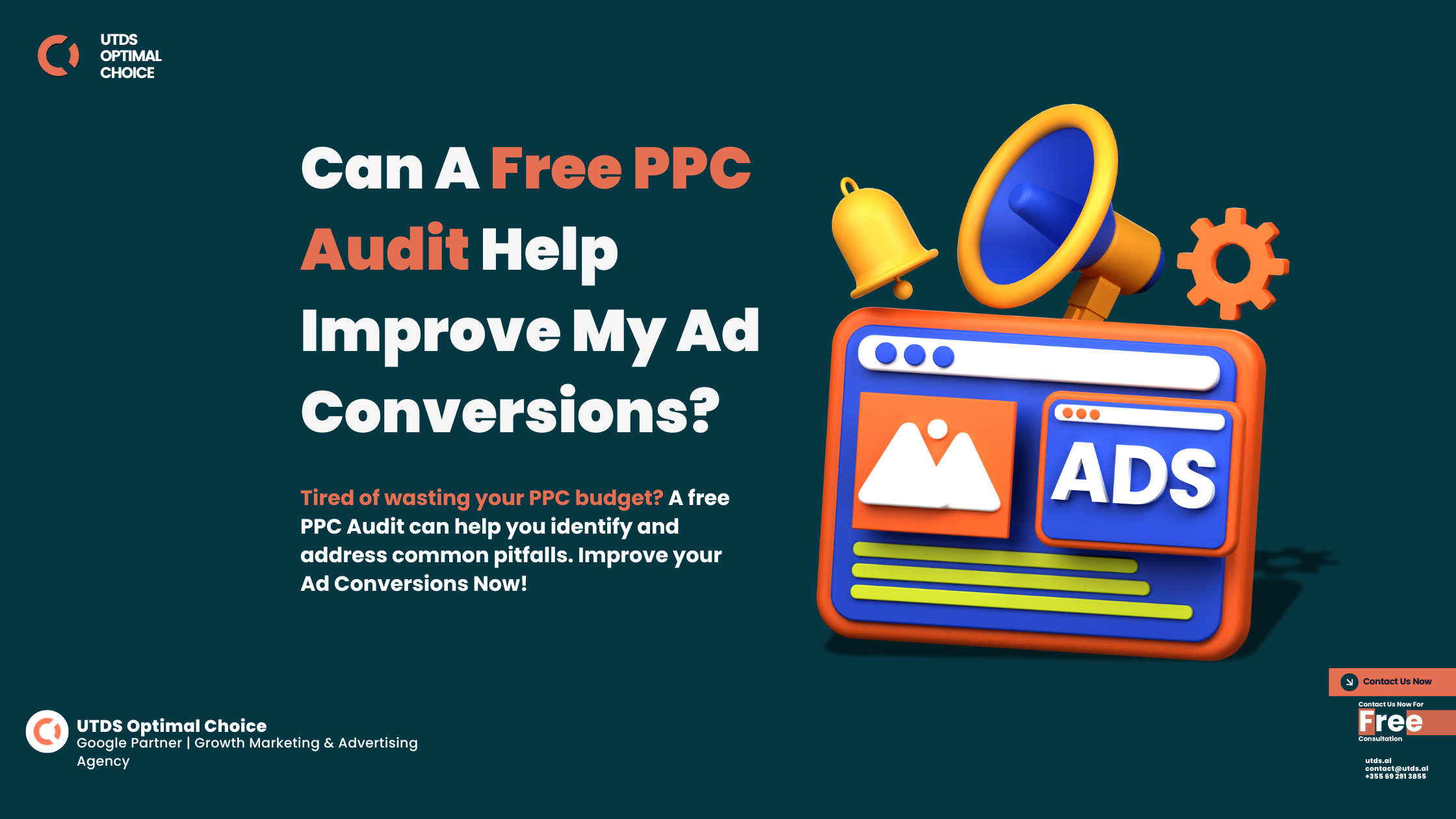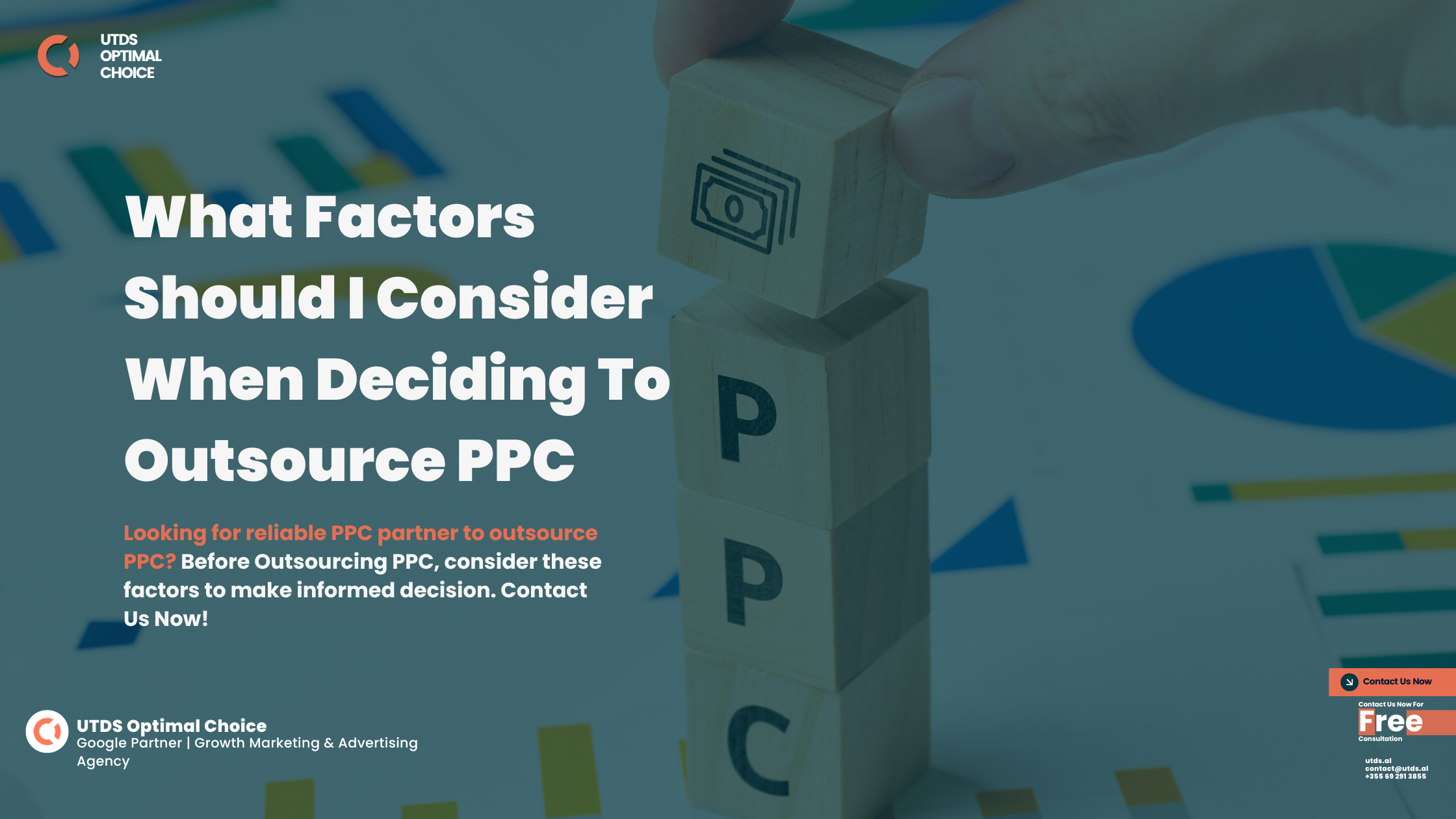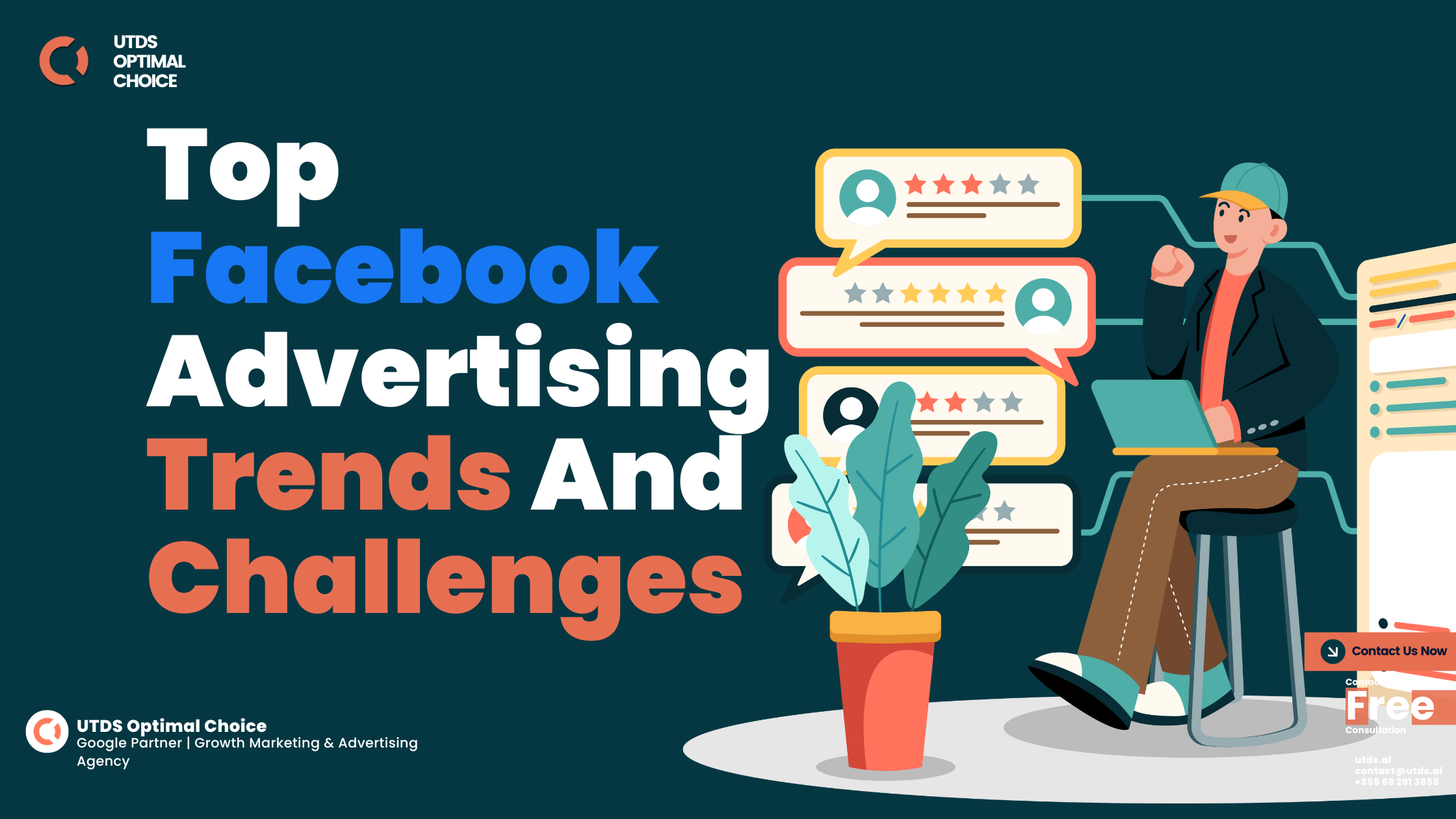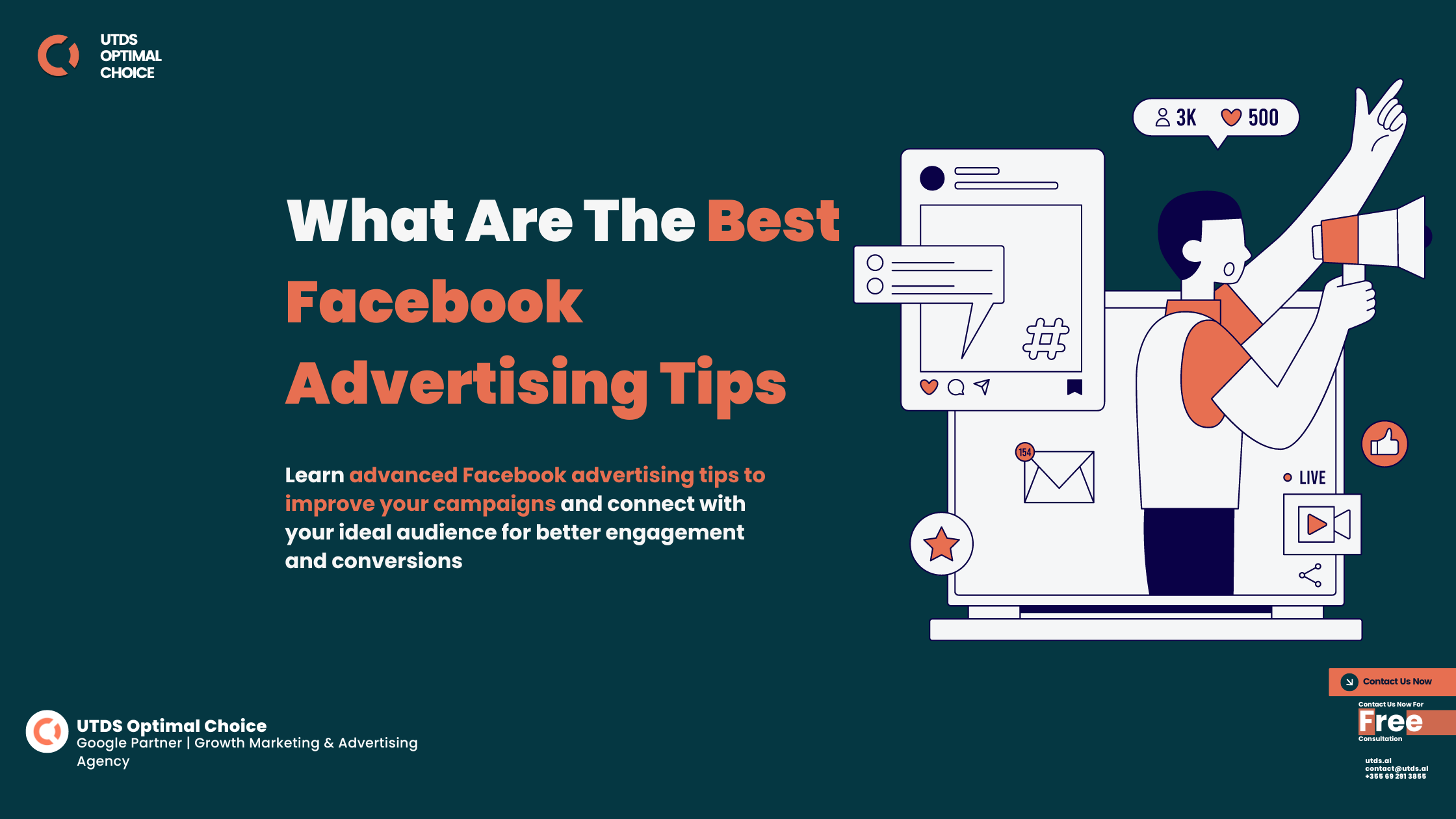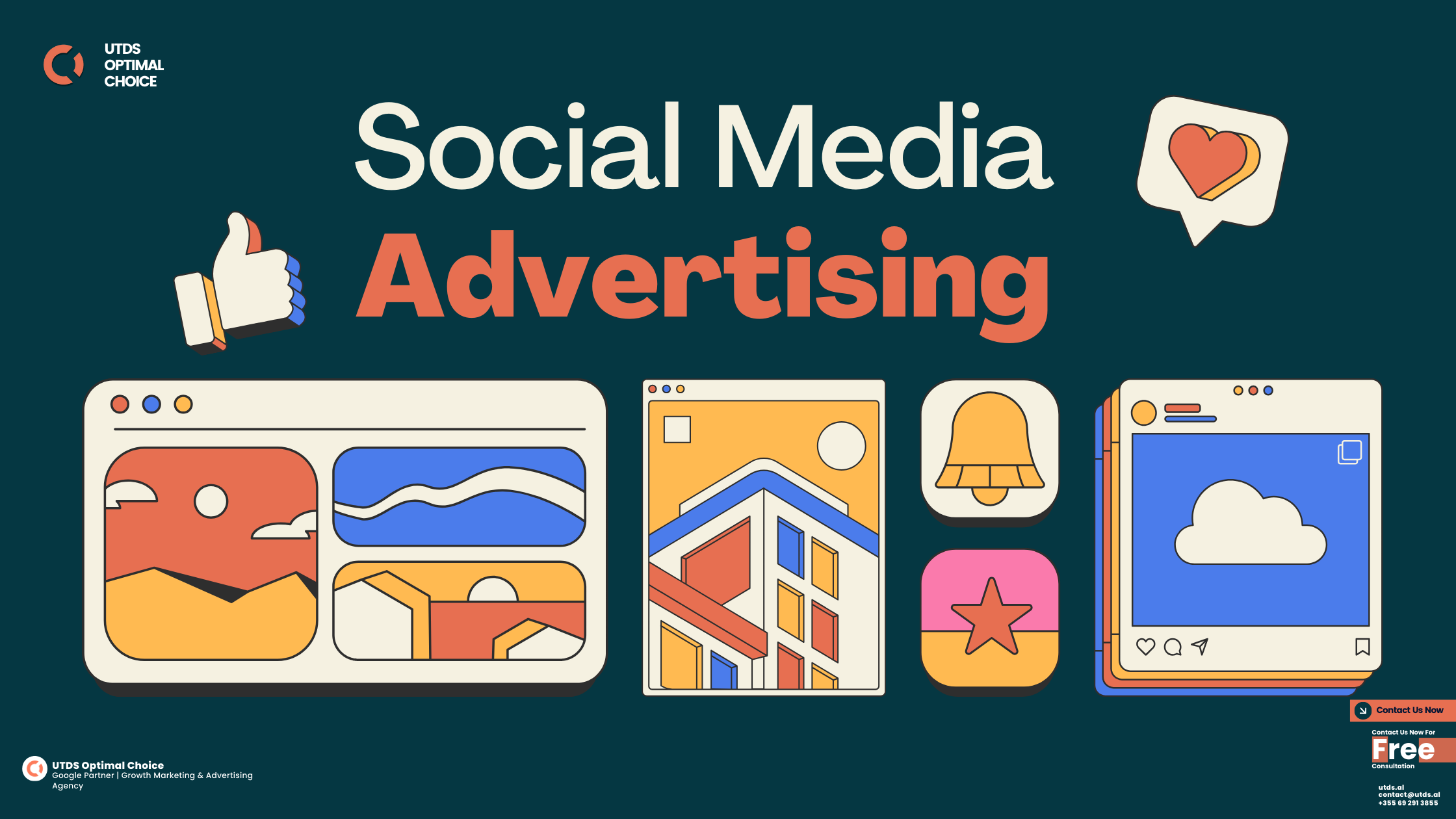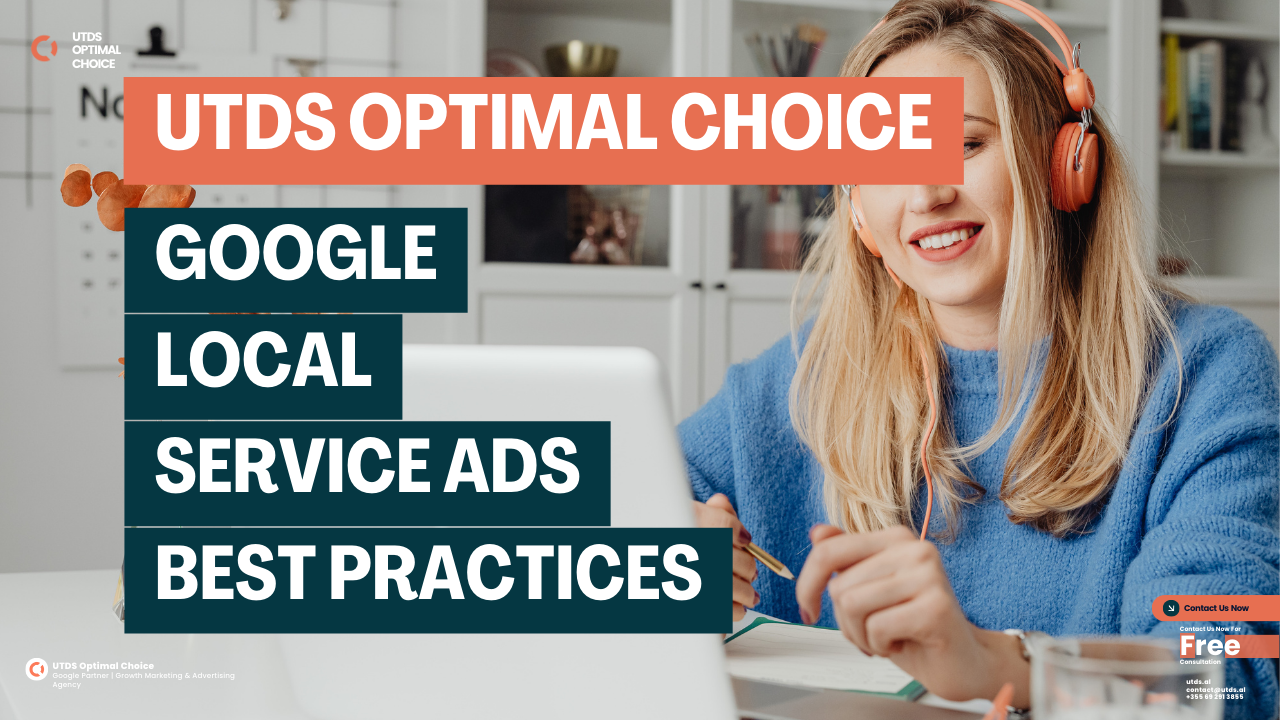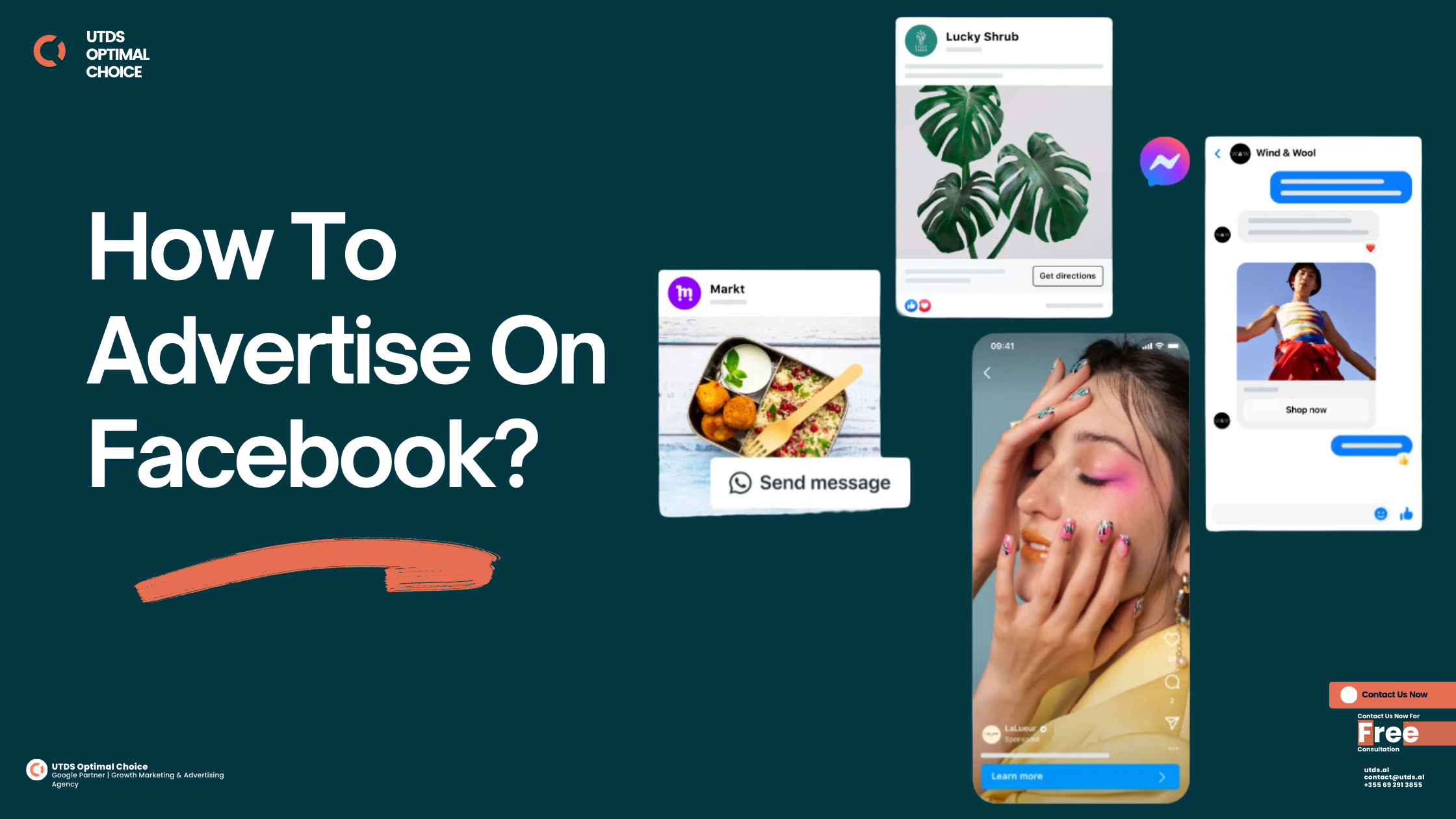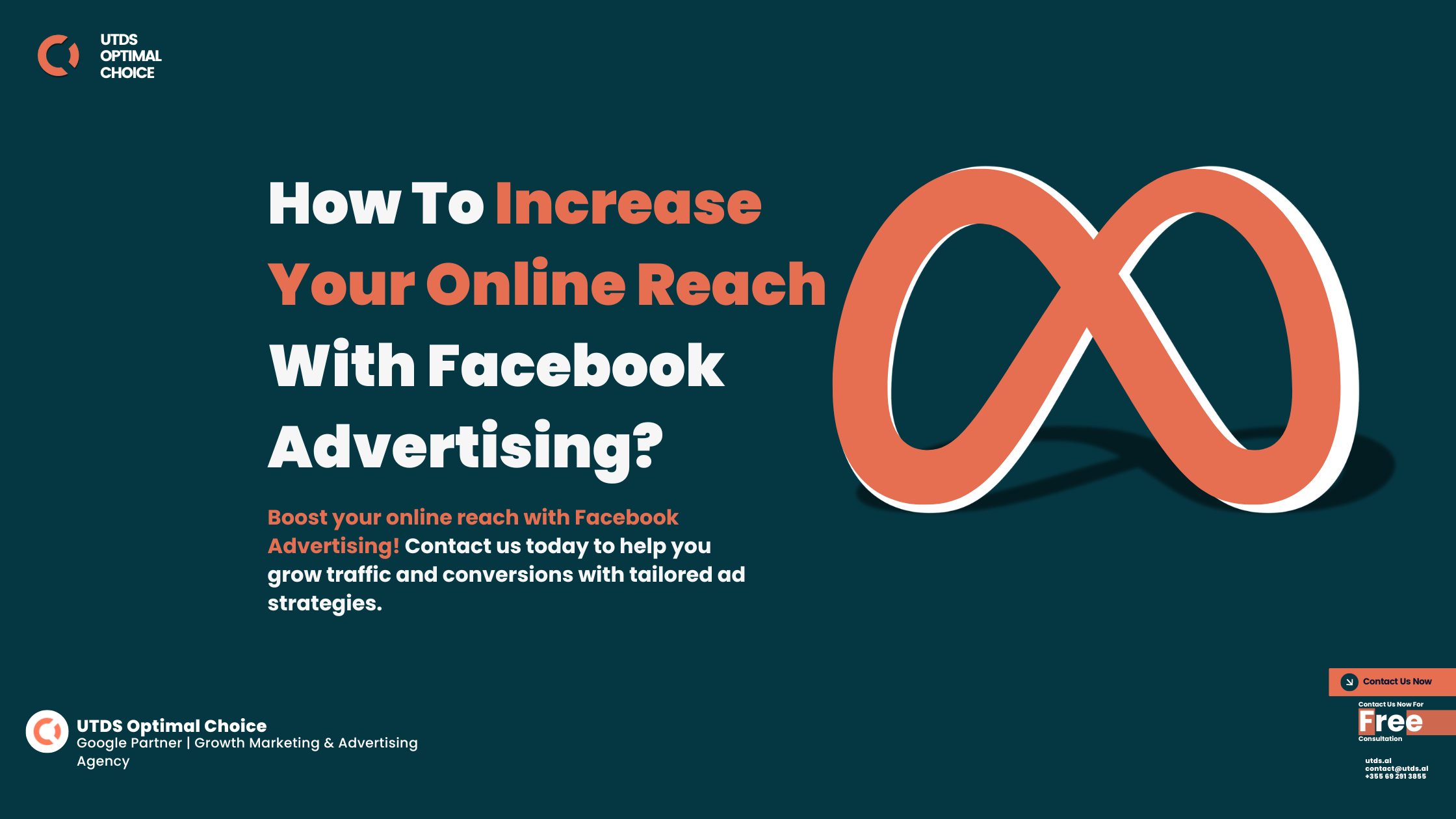Advertising is no longer limited to billboards and TV commercials. Businesses are leveraging two of the most powerful online advertising platforms—Facebook Ads and Google Ads—to reach their target audiences. But which one should you focus on in 2024?
In this guide, we’ll look into the key differences, benefits, and cost implications of both platforms to help you make the best decision for your business.
Contact us today for a free consultation. Let our experts guide you through the best PPC Ads strategies tailored to your business needs in 2024.
Key Differences Between Facebook Ads And Google Ads
Facebook Ads and Google Ads are both effective, but they serve different purposes. While Facebook Ads are primarily designed for brand awareness through social media marketing, Google Ads focus on capturing user intent through search queries.
| Aspect | Facebook Ads | Google Ads |
|---|---|---|
| Targeting | Demographic, interest, and behaviour targeting | Keyword-based, search intent targeting |
| Ad Formats | Images, videos, carousels | Text ads, display ads, shopping ads |
| Cost Per Click (CPC) | Generally lower CPC | Typically higher CPC due to competitive keywords |
| Audience Reach | Best for creating brand awareness | Ideal for capturing high-intent users |
| Best For | Social engagement and brand exposure | Converting intent-driven search queries |
Benefits Of Facebook Ads
Facebook Ads provide businesses with a unique opportunity to target users based on demographics, interests, and behaviours. This level of detailed targeting makes Facebook Ads especially effective for businesses that want to raise brand awareness and drive engagement.
- Wide Audience Reach: With over 2.9 billion monthly active users, Facebook offers unmatched reach, allowing businesses to target audiences based on age, gender, interests, location, and more.
- Visual Engagement: Facebook Ads rely heavily on visuals, making them perfect for businesses with strong visual content such as product demonstrations, video ads, and carousel images.
- Cost-Effective: On average, Facebook Ads have a lower cost per click (CPC) compared to Google Ads, making them more affordable for businesses with smaller budgets.
Benefits Of Google Ads
Google Ads is one of the most widely used advertising platforms for businesses looking to capture users with high intent. As the world’s most popular search engine, Google allows businesses to bid on keywords and display ads directly to users who are actively searching for related products or services.
- High Intent Targeting: Google Ads focuses on capturing users search intent, meaning you’re showing ads to people actively looking for what you offer.
- Variety of Ad Formats: From text ads on search results to display ads on websites and shopping ads for products, Google provides multiple formats to suit different marketing goals.
- Quick Results: Google Ads campaigns often generate immediate traffic, making it a preferred choice for businesses looking for rapid lead generation.
Cost Implications of Facebook Ads vs Google Ads In 2024
Cost is a crucial factor when deciding between Facebook Ads and Google Ads. While Facebook Ads are generally cheaper, the conversion value from Google Ads can sometimes justify the higher cost per click. Below is a cost comparison to give you a clearer understanding:
| Platform | Average Cost Per Click (CPC) | Average Cost Per Acquisition (CPA) |
|---|---|---|
| Facebook Ads | £0.50 - £1.50 | £10 - £50 |
| Google Ads | £1 - £3 | £30 - £100 |
- Facebook Ads Cost: Lower CPC, ideal for brand awareness and social engagement campaigns.
- Google Ads Cost: Higher CPC but more intent driven, meaning you’re likely reaching users who are closer to making a purchase decision.
Which Platform Is Better For Your Business In 2024?
The right platform for your business depends on your marketing goals:
- Use Facebook Ads if: Your goal is to raise brand awareness, engage with a large audience, and target specific user demographics.
- Use Google Ads if: Your goal is to capture high intent traffic and convert leads into paying customers quickly.
For many businesses, combining both platforms yields the best results, as Facebook can build awareness, while Google captures users when they’re ready to convert.
Facebook Ads Vs Google Ads: Where To Advertise In 2024?
At UTDS Optimal Choice, we specialise in helping businesses navigate Google Ads to achieve the best possible results. Whether you need help managing your ad budget, setting up highly targeted campaigns, or optimising for conversions, our team of PPC experts has you covered.
Contact us today for a free consultation to see how we can help your business grow in 2024 through expertly managed PPC campaigns.
FAQs About Facebook Ads
How much will Facebook Ads cost in 2024?
Facebook Ads can cost as little as £0.50 per click, depending on your industry and target audience.
Can Facebook Ads drive conversions?
Yes, by creating targeted campaigns and leveraging retargeting options, Facebook Ads can drive conversions, especially for B2C businesses.
How much do Google Ads cost in 2024?
Google Ads tend to have a higher CPC than Facebook Ads, averaging between £1 and £3 per click, depending on the industry and keywords.
What businesses benefit most from Google Ads?
Businesses targeting high-intent searchers, such as service providers, e-commerce stores, and B2B companies, benefit significantly from Google Ads.
Which is cheaper: Facebook Ads or Google Ads?
Facebook Ads typically offer a lower cost per click, but Google Ads can provide a higher conversion rate for user intent searches, depending on your industry.

